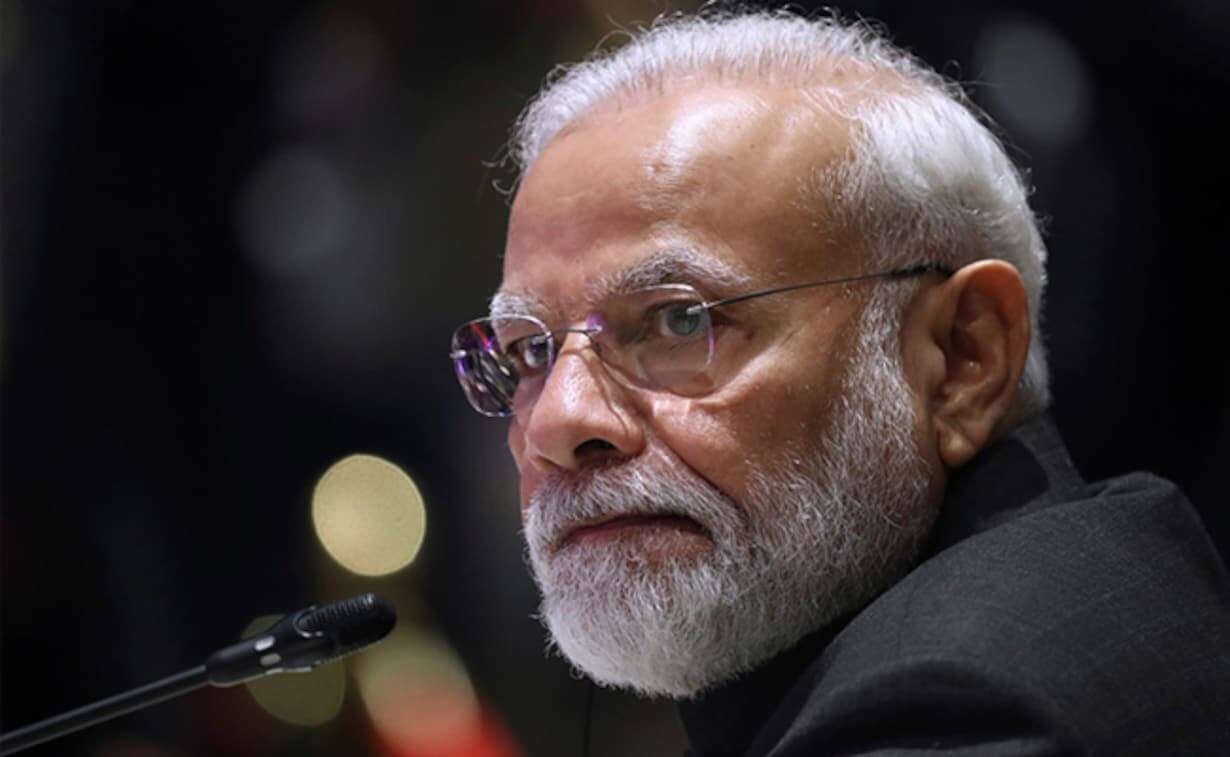Germany has informally invited Indian Prime Minister (PM) Narendra Modi to the upcoming Group of Seven (G7) summit in June, thereby refuting reports that it was reconsidering its invitation over India’s refusal to condemn the Russian invasion of Ukraine and its decision to purchase discounted Russian oil. This is the fourth consecutive G7 summit India has been invited to.
Speaking anonymously, people familiar with the matter previously claimed that Germany would be inviting Senegal, South Africa, and Indonesia as guests at the meeting in Bavaria, but India’s participation remains under consideration. One person noted that New Delhi was on the guestlist before the Ukraine war began on February 24, but the final decision hasn’t been taken yet.
German government spokesperson Steffen Hebestreit stated that Berlin would release the list of guest attendees once it was finalised. “The Chancellor has repeatedly made clear that he would like to see as many international partners as possible joining the sanctions,” Hebestreit added.
Germany is debating whether to invite PM Modi to the G7 summit in June, due to India’s "reluctance" to condemn Russia for invading Ukraine.
— WLVN Analysis🔍 (@TheLegateIN) April 12, 2022
Indonesia, Senegal, https://t.co/W84HpKkdBB already invited but India still under consideration.
These rumours came after India abstained from several United Nations (UN) votes that condemned Russia over the Ukraine war, including the vote to suspend Russia from the UN Human Rights Council. New Delhi has refused to impose sanctions on Moscow. Moreover, it has insisted that it will continue to buy oil at a discounted price from Russia to safeguard its economic interests and even hinted at setting up a ruble-rupee exchange mechanism to bypass sanctions by the United States (US).
In this regard, US President Joe Biden warned India against increasing its energy imports from Russia during a virtual call with PM Modi on Monday. White House Press Secretary Jen Psaki emphasised, “The President has made clear that he does not believe it’s in India’s interest to accelerate or increase imports of Russian energy and other commodities,” adding that Biden offered help to New Delhi in diversifying its energy imports and reduce dependence on Russian oil. Secretary of State Antony Blinken and Secretary of Defense Lloyd Austin made similar offers to help India diversify its defence portfolio during a meeting with their Indian counterparts S. Jaishankar and Rajnath Singh in Washington on Monday.
Over the past few weeks, Biden has referred to India’s position on the Ukraine crisis as “somewhat shaky,” while other senior officials from his administration have even gone as far as to warn of “consequences.”
In a response that was evidently directed at both the US and wider Western audience, Jaishankar told Blinken and Austin on Monday: “If you are looking at energy purchases from Russia, I would suggest that your attention should be focused on Europe, which probably we do buy some energy which is necessary for our energy security. But I suspect, looking at the figures, probably our total purchases for the month would be less than what Europe does in an afternoon. So you might want to think about that.” Likewise, Singh said weapons trade with Russia is necessary in order to fend off advances from China and Pakistan.
Despite Russia’s offensive in Ukraine, Germany has so far opposed sanctions targeting Russia’s energy sector, given the European Union’s (EU) dependence on Russian oil and gas to power their economies. German Chancellor Olaf Scholz and Minister for Economic Affairs and Climate Action Robert Habeck have warned against making a rash decision that could escalate Europe’s energy crisis, referring to a push within the bloc to impose an embargo on Russian energy imports.
Similarly, German Minister of Finance Christian Lindner said last week: “We have to cut all economic relationship with Russia, but at the moment it’s not possible to cut the gas supplies, we need some time so we have to differentiate between oil, coal and gas.” He lamented, “If I followed my heart, there would be an immediate embargo on everything,” before adding that the social and economic impact would be too severe. “We can’t be responsible for that,” he said.
Following such comments, the German government has come under increased criticism from fellow European countries, including Poland, Ukraine, Lithuania, Latvia, and Estonia. In fact, Ukraine has snubbed German President Frank-Walter Steinmeier over his ties with the Kremlin and Scholz over his “weak response to the [Ukraine] crisis.”
Bloomberg reports Germany set to "snub" India as G7 guest on stance over Russia. Germany! The same nation that has a "shameless" energy, metal and diamond dependence on Russia. And who's saying this? It is the Ukrainian envoy to Germany. Uninvite yourself first Germany!
— Rahul Shivshankar (@RShivshankar) April 13, 2022
During his visit to Poland on Tuesday, the German President remarked that he had planned to travel to Ukraine with the presidents of Poland, Estonia, Latvia and Lithuania this week, but “that apparently wasn’t wanted in Kyiv.” Steinmeier’s comments come after the German newspaper Bild quoted a Ukrainian diplomat saying, “We all know of Steinmeier’s close relations with Russia here… He is not welcome in Kyiv at the moment. We will see whether that changes.”
Flash: German government has dismissed reports of Berlin considering not to invite India for G7 because of it’s position concerning Russia’s war in Ukraine; G7 will take place from 26 to 28 June 2022 in Schloss Elmau, Bavarian Alps.
— Sidhant Sibal (@sidhant) April 13, 2022
Following the Russian invasion of Ukraine, Germany and other G7 nations—Canada, France, Italy, Japan, the United Kingdom (UK), and the US—imposed sanctions on Russia and sent financial and military aid to Ukraine. The EU also initiated several rounds of sanctions targeting Russia’s financial and economic apparatus. They have also coordinated such measures with other Western countries, such as Australia and New Zealand, to condemn Russian President Vladimir Putin and to restrict trade and investment with Moscow.

